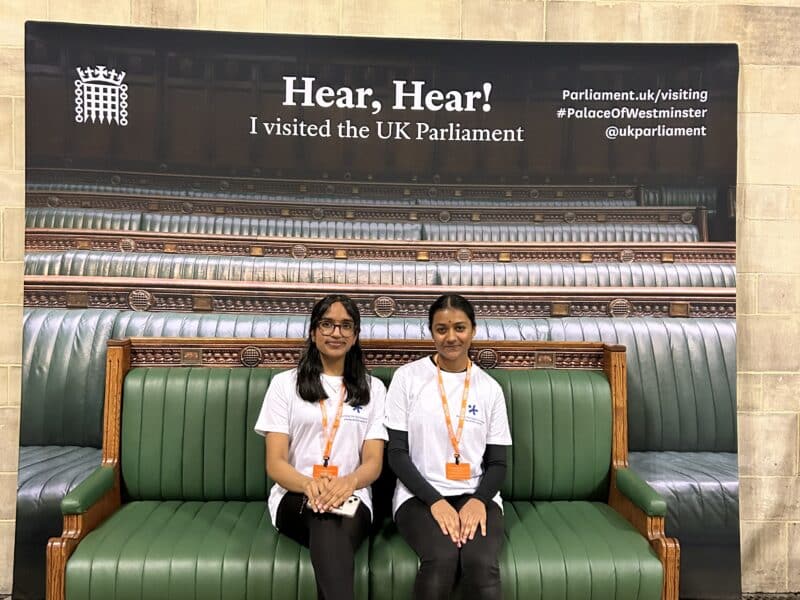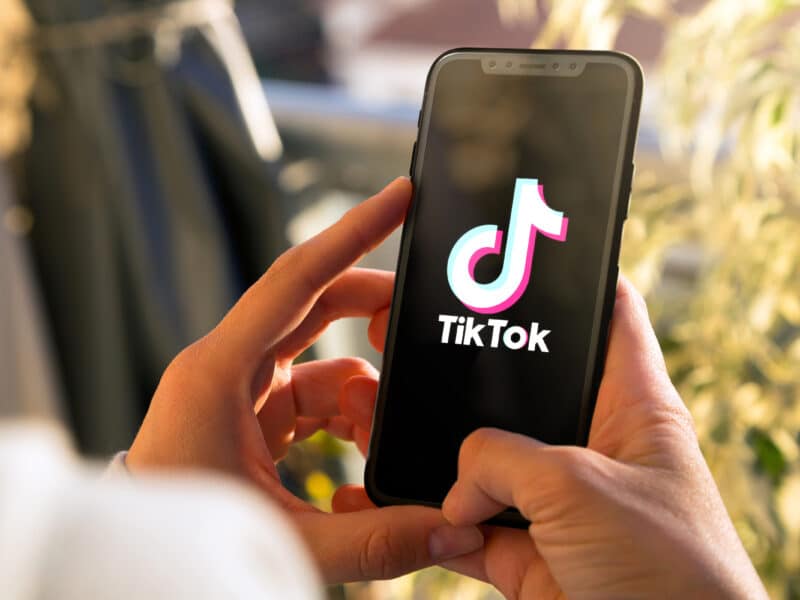Digital world “in need of repair”, children tell us
Digital experiences have become deeply entrenched in contemporary childhoods, providing new opportunities and challenges. We have met with children all over the World to hear what they have to say about the digital world.

Talking to children and young people, it doesn’t take long to realise the scale of the problem or the extent of the opportunity for the digital world to work in their interest. Many of them mention concerns around addiction, mental health, and data privacy, but also, the positive impacts on communication, creativity, and skills. Some are quick to point out that the companies themselves should be fixing these problems, advocating for greater accountability on “how intrusive they actually are”, with others stating they “do not know who to blame”. What is apparent is that they feel digital services and platforms “should be repaired”,
Ed-Tech “the correct way”
AI, smartphones and EdTech are rapidly transforming the world as we know it. However, children and young people are calling for a more balanced approach to how we incorporate these technologies into our everyday lives.
“Teachers believe that technology is a shortcut to learning and want us to keep traditional learning models. Some do have a more “open mind” and want to learn how to integrate new tech… It’s all about using AI in the correct way.”
Many students share this sentiment. While being supportive of the role ChatGPT can play in checking grammar, providing research, and enhancing creativity; many are concerned about the legitimacy of the information provided, deeming it less reliable than “googling” for information.
The topic of phones in schools sparked a similar discussion, with students debating the importance of determining “when and where it is appropriate”. Young people reported that phones often hinder quality time with friends, acting as a proper barrier to communication. Moreover, many students voiced feelings of judgement and anxiety and exposure to content they “shouldn’t be seeing”. When talking about solutions, themes of parental oversight, school banning, and the importance of privacy and boundaries were quick to emerge.
“All parents are different… Some will not be able to do this, and it is not fair for different kids. So, it is down to the platforms, I think. They should take care of their “customers”.”
Young people also determined that whatever the approach, digital platforms and services must consider the vulnerabilities associated with different ages and maturity levels.
Online gaming: a double-edged sword for children
Debating online gaming, the discussion shifted to topics of addiction, financial pressure, and toxicity in the community. Young people and children voiced that certain games were really effective at maintaining engagement. However, many feel pressured to buy “skins” to use in the game while others shared their tendency to avoid playing these games to prevent a spiralling “shopping spree”.
However, children also stressed that online gaming can be a positive experience and play an important role in developing their reflexes, easing their ability to socialise, or fostering teamwork.
“[In]… the case of Among Us, [it] allowed me to improve my English, as I needed to communicate with players from all over the world.”
Children and young people are at the forefront of the digital environment, standing the most to gain, but also, shouldering the largest burdens of online harms. They know what is working and what isn’t. We must continue to listen to their experiences and advocate for a digital world that puts their rights at the centre.
Speaking of listening to the experiences of children, 5Rights is launching a podcast on the 25th of July. Children and young people in our Youth Engagement Programme will lead a podcast in which they discuss amongst themselves experts, and decision-makers, the latest trials and tribulations of the digital environment. Mark the calendar and watch this space, because children and young people have got a lot to say.
Recommended Reads

UK Government takes aim at manipulative digital design practices
The UK Government has announced new measures to strengthen online protections for children and young people, with a clear focus on tackling addictive and harmful digital design practices.

5Rights Youth Ambassadors give evidence to UK Parliamentarians on AI
5Rights Youth Ambassadors Eashaa and Niranjana, represented 5Rights at the UK Parliament this week, giving evidence to an inquiry of the All-Party Parliamentary Group (APPG) for Online Safety examining the impact of artificial intelligence on children.

Social media–style design is already in the classroom, new research finds
As Parliament debates banning children from social media, new research reveals that many of the same harmful design features are already embedded in the technology children use every day at school, raising concerns for children’s privacy, wellbeing and exposure to commercial exploitation in the classroom.

TikTok’s addictive design found to likely breach the Digital Services Act
5Rights Foundation has been advocating for swift and robust enforcement of the DSA to protect minors online since its entry into force. The preliminary finding on TikTok addictive design is a long-awaited step to enforce European rules and finally deliver for children’s safety online.
